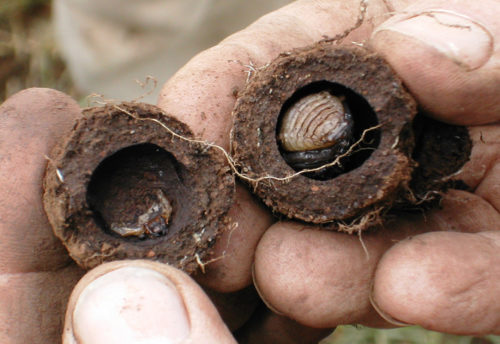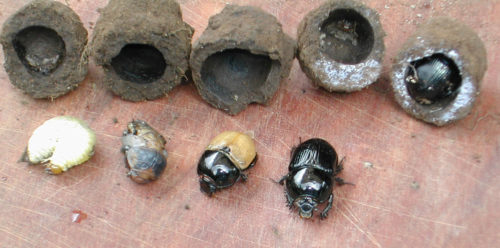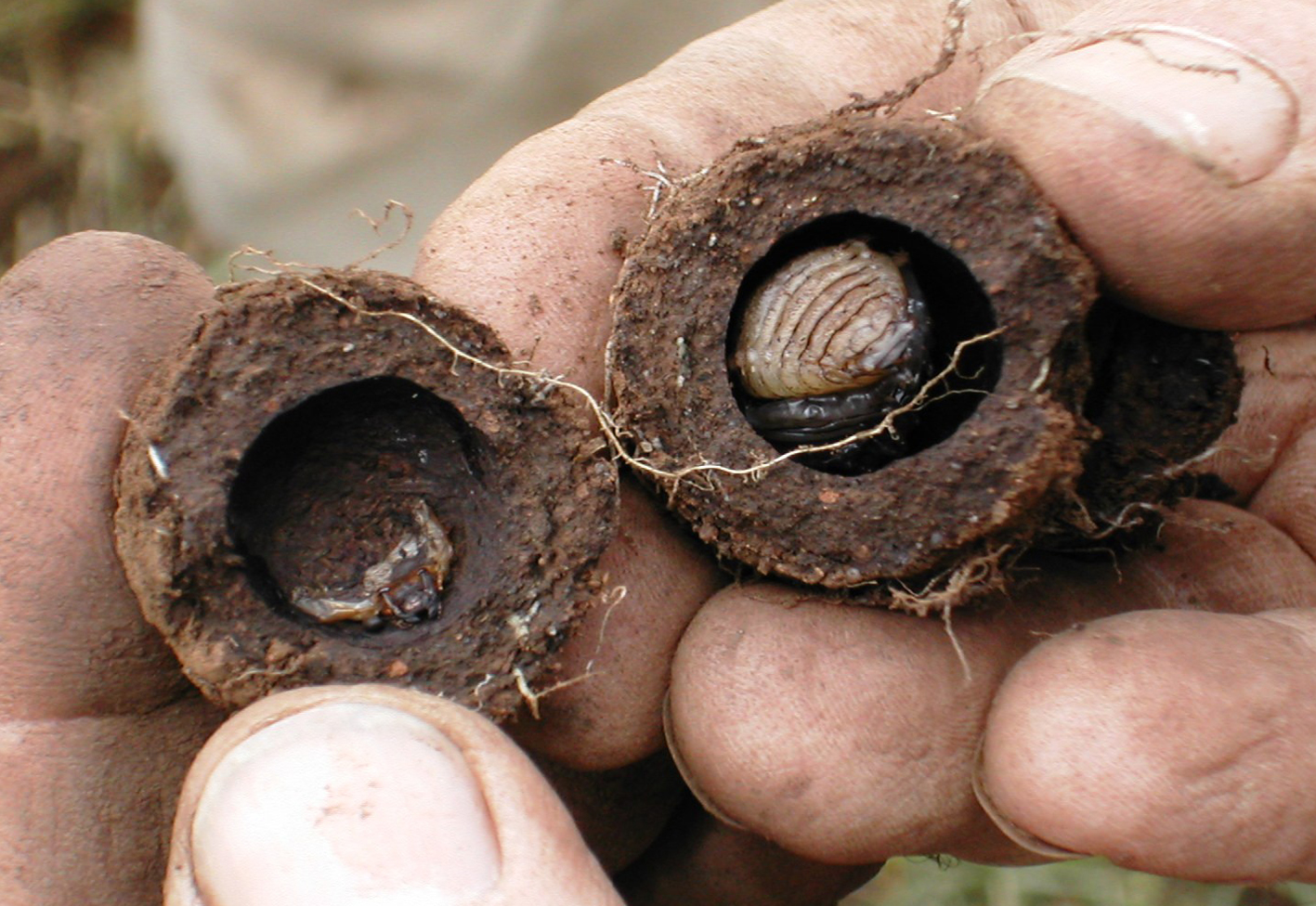
According to the 2013 UN Intergovernmental Panel on Climate Change, global warming caused by increasing atmospheric greenhouse gasses poses a serious threat to global food and regional water supplies and biodiversity, and threatens the life support systems of hundreds of millions people, especially in Asia and Africa.
A few dozen dung beetles species, distributed across Australia according to soil type and climate can improve soil fertility, soil structure and biology by deep burying of dung, while also increasing available grazing area by removing surface dung. These affects combine to increase pasture productivity, improve water infiltration and the quality of runoff water, reduce dung-breeding pest species such as flies and the diseases they may spread, and reduce greenhouse gas emissions.

The deep burying of dung can also sequester carbon and reduce methane outputs, contributing to the amelioration of climate change and reducing the costs of agricultural inputs including fertilisers and pesticides, and increase overall farm profitability. Once established, populations of dung beetles can be self-sustaining and will operate without running or maintenance costs.
In well-managed perennial pasture, about 30% of vegetation is trampled and 30% is converted to dung, while the remainder is exported via cattle, either as bovine respiration (carbon dioxide) and methane belched from the rumen, or in the carcass. Each year, cattle worldwide produce dung that contains carbon equivalent to 3.4 billion tonnes of CO2 and a similar amount of plant carbon is probably returned to the soil surface as trampled organic matter in grazing systems.
Beetles can rapidly bury dung deep in the subsoil, opening up the subsoil and allowing roots to follow the channels deep into the soil profile. The deep deposition of dung-derived carbon and nutrients, and the resulting increased pasture growth and root production, can transform duplex soils (shallow infertile surface soil over hostile clay subsoil) over time into deep fertile soil. This produces a substantial and permanent increase in the soil’s capacity for pasture production and carbon storage, and the twin benefits of increased food production and increased soil carbon.
Over time, the activity of tunnelling dung beetles, their larvae, and earthworms and microbes, creates humus and improves soil structure, fertility and raises soil carbon levels. Soils store substantial amounts of carbon – two to three times more than the atmosphere and four times more than terrestrial vegetation.
by Tim Marshall, Organic Gardener
